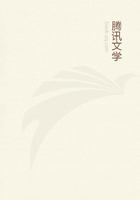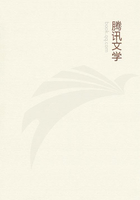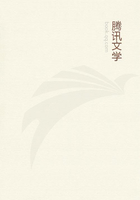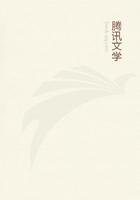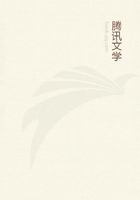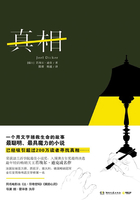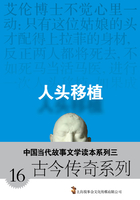But to infer from this the general principle that the 'motive'was indifferent involves the characteristic fallacy.The true inference is that sound morality has an intellectual as well as an emotional basis;it supposes a just foresight of consequences as well as a desire for happiness.Conduct depends throughout upon character;it cannot be altered without altering character,though the alteration may imply enlightenment of the intellect rather than development of the feelings.When we come to the moral 'sanction'the motive becomes all important.The legislator may be contented if he can induce a bad man to act like a good man or to refrain from murder in the presence of the policeman.
He can take the policeman and the gallows for granted;and assume the existence of the fundamental social instincts upon which the judicial machinery depends.But it is precisely with those instincts that the moralist is concerned.He has to ask what are the forces which work the machinery and cannot be indifferent to the question of 'motive.'Mill only half recognises the point when he admits that the 'motive'has much to do with the 'morality of the agent.'If 'motive'be interpreted widely enough it constitutes the agent's morality.An action is moral in so far as it implies a character thoroughly 'moralised'or fitted to play the right part in society.The distinction between the morality of the conduct and the morality of the agent vanishes.Agood act is that which a good man would perform.If a bad man,under compulsion,acts in the same way,he acts from fear,and his act is therefore morally neutral,and to call him good on account of his action is therefore a mistake.He simply shows that he is a man,and dislikes hanging even more than he hates his fellow-men.
An 'external sanction'really means a motive for acting as though you were good even if you are not good.That such sanctions are essential to society,that they provide a shelter under which true morality may or must grow up,is obvious.It is true,also,that in early stages the distinction between the law which rests upon force and that which rests upon the character is not manifest.But ultimately morality means nothing but the expression of the character itself.Hence to find a universal 'sanction'for morality is chimerical.Such a sanction would be 'a motive'which would apply to all men good or bad;that is,it would not be a moral motive.Fear of hell or the gallows may indirectly help (or hinder)the development of a moral character;but in itself the fear is neither good nor bad.The very attempt,therefore,to find such a 'sanction'implies the 'external'or essentially inadequate view of morality,into which the Utilitarians with their legal prepossessions were too apt to fall.The law,resting upon external sanctions,may be useful or prejudicial to morals,but must always be subordinate;for its application depends upon instincts by which it is guided and which it cannot create.
Mill recognises this,virtually,though not explicitly,in his discussion of the 'Utilitarian sanction.'He declares in rather awkward phrase that the 'ultimate sanction of all morality (external motives apart)'is 'a subjective feeling in our own minds.'(Where else can such a feeling be,and what is 'an objective feeling'?)These feelings exist,as he argues,equally for the Utilitarian and the 'Transcendentalist,'though the 'Transcendentalists'think that their existence 'in the mind'implies that they have a 'root out of the mind.'(81)The 'conscience,'that is,pain in breaking the moral law,exists as a fact,whatever its origin.If 'innate'it can still be opposed,and the question,'Why should I obey it?'is equally difficult to answer.Even if innate,again,it may be an innate regard for other men's pains and pleasures,and so coincide with the Utilitarian view.He argues accordingly,that,in point of fact,we may acquire that 'feeling of unity'with others which gives the really 'ultimate sanction'to the 'Happiness morality.'(82)With this result I at least can have no quarrel.I hold it to be perfectly correct and as good an account of morality as can be given.The fault is in placing the 'external sanction 'on the same level with the 'internal'and failing to see that it is not properly 'moral'at all.But here,once more,it is necessary to look at the difficulty of deriving his conclusion from the premises inherited from his teachers.The essential difficulty lies in the psychological analysis and the theory of association.


